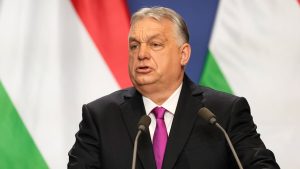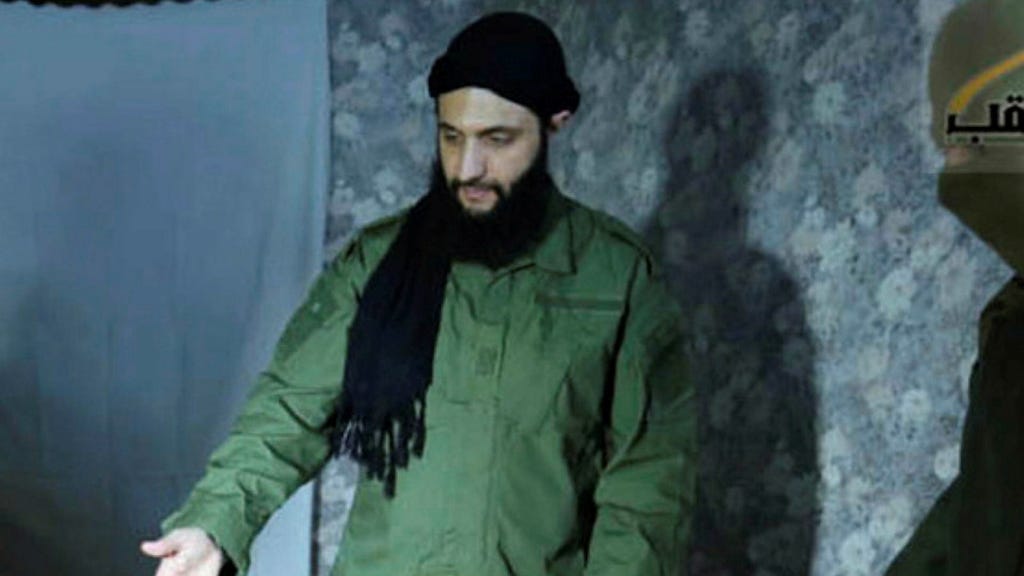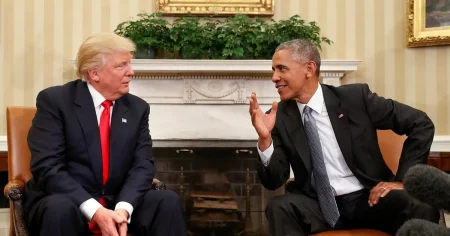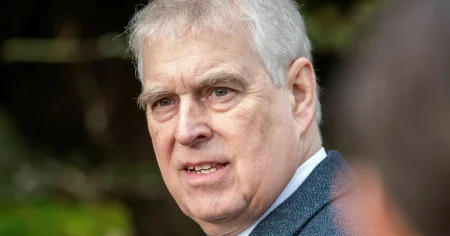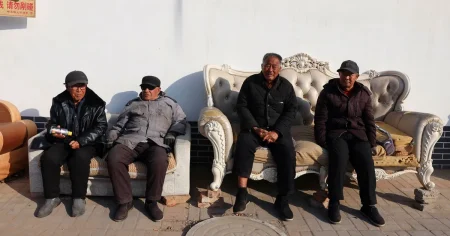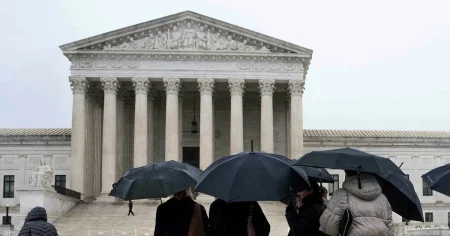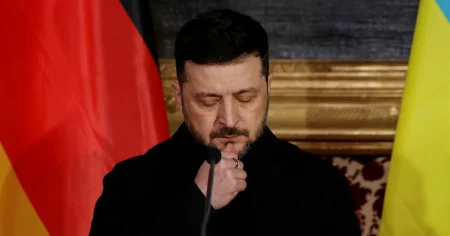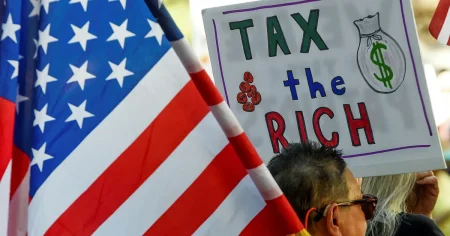The swift and decisive offensive launched by opposition militias this week has dramatically reshaped the Syrian conflict, resulting in the fall of key cities like Idlib, Aleppo, Hama, Daraa, and Homs with minimal resistance. At the helm of this operation is Abu Mohammed al-Jawlani, a figure whose trajectory from Saudi Arabia to the battlefields of Iraq and Syria has positioned him as a central player in the ongoing struggle for control. This sudden shift in power dynamics raises critical questions about the future of Syria, the potential for further escalation of violence, and the implications for regional stability.
Al-Jawlani’s personal history offers insights into his motivations and the ideology driving his forces. Born Ahmed Hussein al-Sharaa in Riyadh, Saudi Arabia, in 1982, his early life was relatively unremarkable. His family returned to Syria in 1989, settling near Damascus. However, his path took a radical turn as he joined al-Qaeda in Iraq, fighting against U.S. forces. Captured and detained in 2006, he was released years later, only to return to a Syria engulfed in civil war. This experience shaped his worldview and laid the groundwork for his future role in the conflict.
Upon his return to Syria, al-Jawlani was tasked with establishing a Syrian branch of al-Qaeda, which became known as Jabhat al-Nusra. This marked the beginning of his rise to prominence within the Syrian opposition. However, his relationship with al-Qaeda eventually fractured, leading him to distance himself from the global terrorist organization and focus on establishing an ”Islamic republic” within Syria. This shift in allegiance underscored his evolving political ambitions and his desire for greater autonomy.
In 2017, al-Jawlani further consolidated his power by merging Jabhat Fateh al-Sham, the rebranded successor to Jabhat al-Nusra, with other Islamist groups, forming Hayat Tahrir al-Sham (HTS). This new entity declared its objective to overthrow the Assad regime and establish an Islamist government. The recent capture of Aleppo, Syria’s second-largest city, signals a significant advancement towards this goal, although concerns remain about the potential for further violence and instability.
While al-Jawlani has promised protection for ethnic and religious minorities, human rights organizations have documented a history of abuse and torture of dissidents under HTS rule. This discrepancy between rhetoric and reality raises serious doubts about the group’s commitment to human rights and its ability to govern fairly and inclusively. Al-Jawlani’s recent interview with CNN, where he discussed the formation of a government based on ”institutions and a council elected by the people,” further complicates the picture. This apparent embrace of democratic principles clashes with the group’s history of authoritarian tactics and raises questions about the sincerity of his pronouncements.
The international community, particularly the United States, has designated HTS as a terrorist organization. Al-Jawlani contests this classification, arguing that it is unjust. This disagreement highlights the complex and often contradictory nature of the Syrian conflict, where alliances and designations are fluid and constantly evolving. The rapid advance of HTS and al-Jawlani’s growing influence underscore the urgent need for a comprehensive and sustainable solution to the Syrian crisis, one that addresses the root causes of the conflict and ensures the protection of all Syrian citizens, regardless of their ethnic or religious background. The future of Syria remains uncertain, but the current trajectory suggests a prolonged period of instability and further conflict.




